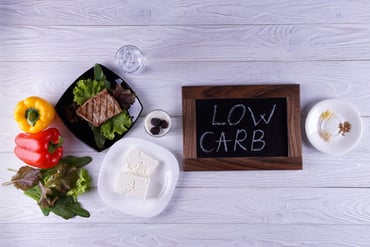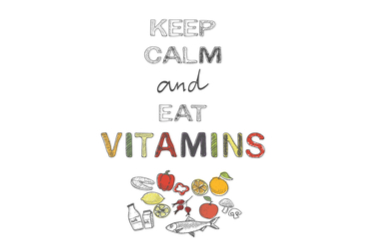Get the Facts on Protein: Sports Nutrition
Whether you are a professional atheletes or someone who regularly does exercise, eating well can improve your performance and help you recover quickly for your next workout. Eating a good diet can help provide the energy you need to finish a marathon, a casual football pick-up game, or a tennis tournament.
The ideal diet for an athlete is not very different from the diet recommended for any healthy person. However, there’s no “one size fits all” and the amount of each food group you will need depends on the type of sports you do, the intensity and the frequency of the training/activity you do.
Protein
Protein is an essential nutrient, which is important for building and maintaining muscle. Protein can also be used as an energy by the body, but only after carbohydrates have been depleted in your body storage.
An average healthy adult would need about 1 – 1.2g/kg/day. For a person that weighs 60 kg, that would mean that you would need about 60-72g of protein everyday.
However, if you exercise regularly and intensely, your protein needs are obviously higher than average. If you do strength or endurance training at least 3 times/week, your protein needs could be as much as 1.5 – 2 times this level. For a person that weighs 60kg, that equals up to 90-120g of protein per day. (“Sports Nutrition (Adult)”, 2017)
It is also a myth that a high-protein diet can promote muscle growth. It is important to remember that:
1) Only strength training and exercise will change muscle. (Eating a bunch of chicken breast everyday doesn’t automatically give you more muscle)
2) Professional athletes need only a little bit of extra protein to support muscle growth. This can easily be met by increasing the about of total calories by eating more food.
Our body is designed so that the excess protein we eat, if not being used to recover your muscle, would be excreted as nitrogen. Therefore, eating more doesn’t mean anything if your body doesn’t need it. So don’t let your trainer fool you by telling you that you need to eat 200g of protein per day to see a gain in muscle mass (because you most likely don’t need that).
Eating too much protein can also cause adverse effect:
● It can be stored as body fat in your body (which is what most of us don’t want
● You are more likely to be dehydrated
● You may be putting extra burden on your kidneys as it is trying harder to excrete out the extra protein
● People who focus on eating extra protein may not get enough carbohydrates – which are the most important source of energy during exercise (“Sports Nutrition (Adult)”, 2017)
Protein content in some common foods:
| Food | Serving Size | Protein (g) approx. |
| Meat, poultry, fish cooked | 2 ½ oz (approx size of a deck of card) | 21 |
| Greek yogurt, plain | ¾ cup | 18 |
| Eggs | 2 large eggs | 12 |
| Bread(yep, there’s protein in bread) | 1 slice | 4 |
(“Canadian Nutrient File: Compilation of Canadian Food Composition Data: Users’ Guide [Health Canada, 2010]”, 2017)
Stay tune on our next post – carbohydrate for sports nutrition. You may find out that you might not be eating enough carbohydrates after all!
Reference:
Canadian Nutrient File: Compilation of Canadian Food Composition Data: Users’ Guide [Health Canada, 2010]. (2017). Hc-sc.gc.ca. Retrieved 17 May 2017, from http://www.hc-sc.gc.ca/fn-an/nutrition/fiche-nutri-data/user_guide_d_utilisation01-eng.php
Sports Nutrition (Adult). (2017). Dietitians of Canada. Retrieved 17 May 2017, from https://www.dietitians.ca/Your-Health/Nutrition-A-Z/Sports-Nutrition-(Adult).aspx


